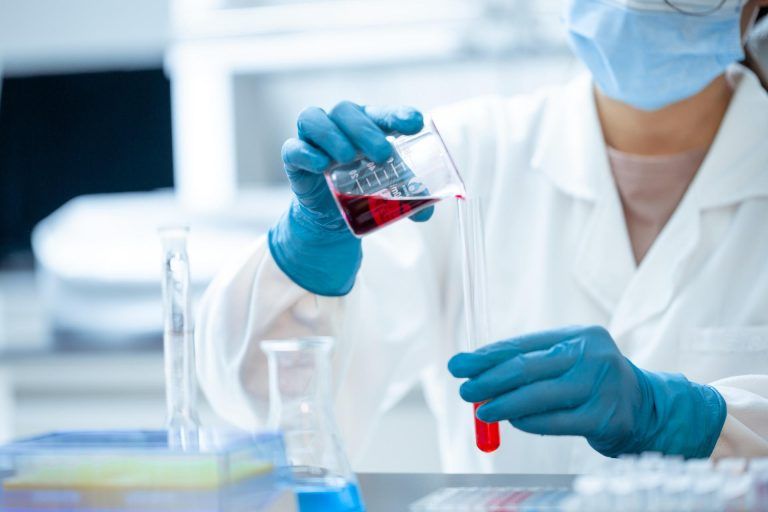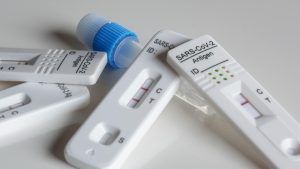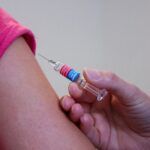As of tomorrow, new rules on in vitro diagnostic medical devices (IVDR) such as HIV tests, pregnancy tests or COVID-19 tests, will be applicable. The rules will better protect public health and patient safety in respect to these devices, bringing EU law in line with technological advances and progress in medical science. By aligning market access requirements in the different EU Member States, it also safeguards fair market access for manufacturers.
Stella Kyriakides, Commissioner for Health and Food Safety, said: “Diagnostic medical devices are key for lifesaving and innovative healthcare solutions. Today we are marking a big step forward for the patients and the diagnostics industry in the EU. The COVID-19 pandemic has underlined the importance of accurate and safe diagnostics, and having stronger rules in place is a key element in ensuring this is the case for EU patients.”
Medical devices, including in vitro medical devices, have a fundamental role in saving lives by providing healthcare solutions for the diagnosis, prevention, monitoring, prediction, prognosis, treatment or alleviation of a disease.
In summary, the Regulation on in vitro diagnostic medical devices introduces three important advances:
- Improves the quality, safety and reliability of in vitro diagnostic medical devices with a new risk-based device classification system, more detailed and stringent rules on the evaluation of device performance, and greater involvement of independent conformity assessment bodies (‘notified bodies’). New scientific bodies such as a panel of experts and EU reference laboratories can be involved in the assessment of the highest-risk devices.
- Strengthens transparency and information for patients, so that vital information is easier to find. The European database of medical devices (Eudamed) will contain information about all in vitro diagnostic medical devices on the market, including economic operators and certificates issued by notified bodies. A unique device identifier will be mandatory for every product so that it can be found in Eudamed. For medium- and high-risk devices a summary of safety and performance will be made publicly available.
- Enhances vigilance and market surveillance:Once devices are available on the market, manufacturers have to collect data about their performance and EU countries will closely coordinate their vigilance and market surveillance activities.
Background
The Regulation on in vitro diagnostic medical devices replaces an earlier Directive and significantly reinforces the regulatory framework for medical tests. It is estimated that around 70% of clinical decisions are made using in vitro diagnostic medical devices.
In January 2022, the European Parliament and the Council amended the transitional provisions of the Regulation on in vitro diagnostic medical devices for those devices already on the market. The amendment allows for a progressive roll-out of the Regulation with the length of the transition periods depending on the risk class of the device. However, the date of application of the Regulation on in vitro diagnostic medical devices remained unchanged.
The Regulation on in vitro diagnostic medical devices is complemented by the Regulation on medical devices, which has been applicable since 26 May 2021. Examples of medical devices are contact lenses, x-ray machines, ventilators, pacemakers, software, breast implants, hip replacements and sticking plasters.

New agreement to recognise COVID-19 as an occupational disease |
Source: European Commission







Leave a Reply